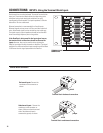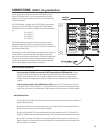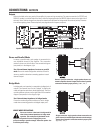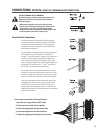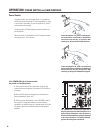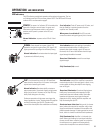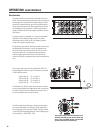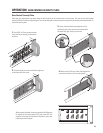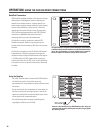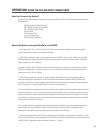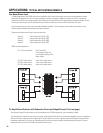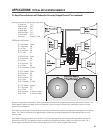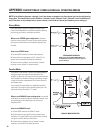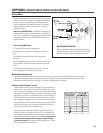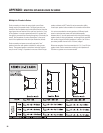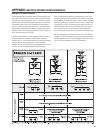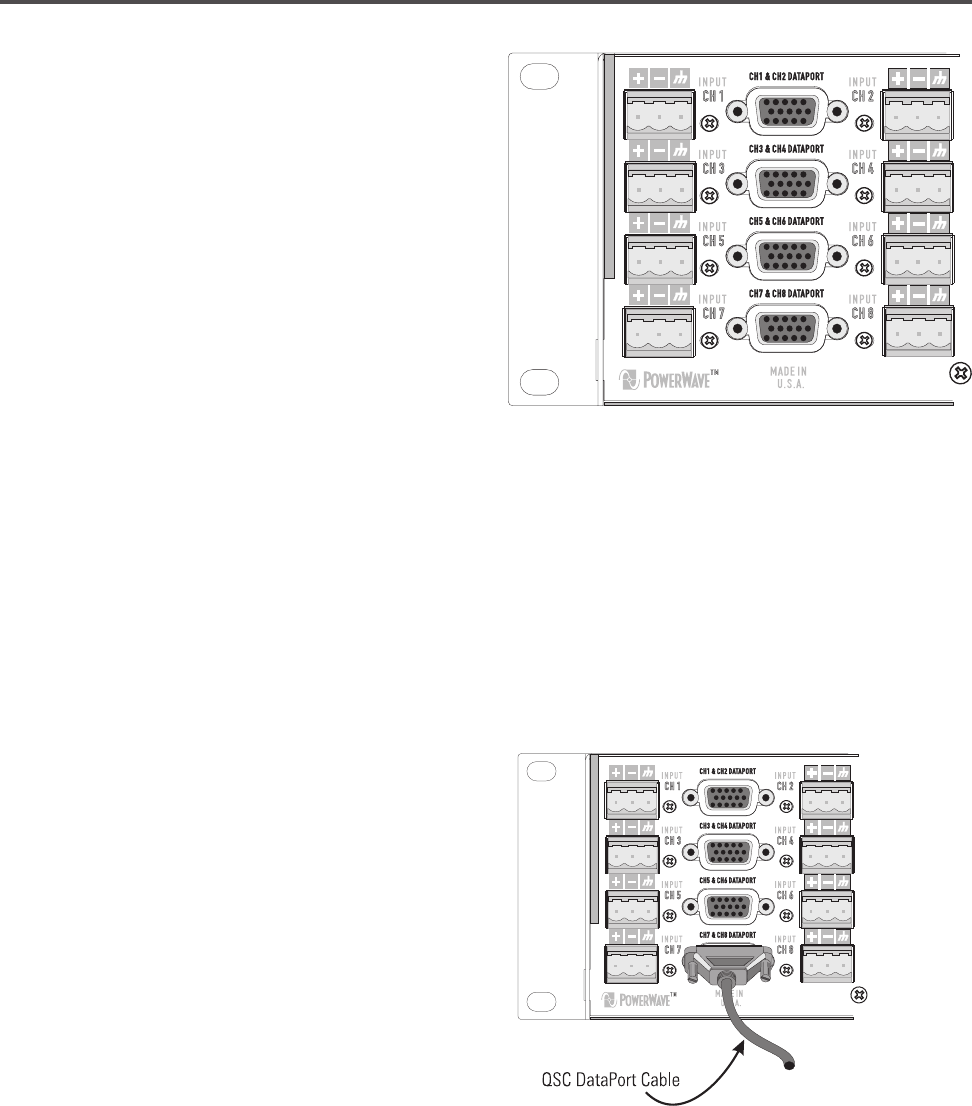
20
QSC’s DataPort equipped amplifiers offer operators of larger
audio systems a high degree of system monitoring and
operation from remote locations. A system operator in a
sports complex might be located hundreds of yards (meters)
from the actual amplifiers, making ‘normal’ control and
monitoring of the system difficult, at best. By integrating
QSC’s DataPort-equipped amplifiers with QSC’s DataPort
accessories, a dependable and robust control and
monitoring solution can easily be implemented.
The DataPort is used for connection to optional QSC
DataPort accessories. DataPort accessory devices can
provide remote cinema monitoring, DSP, filter and crossover
functions.
The DataPort connections on the CX168 offer full-featured
implementation of DataPort accessories and supply the
required accessory voltage to DataPort devices that require
it. CX168 amplifiers DO NOT support direct mounting of
smaller accessories, like the DSP-3, due to the high density
of connectors on the rear panel but they may be connected
via cables.
Using the DataPort
OPERATION: USING THE QSC DATAPORT CONNECTIONS
DataPort Connectors
A single DataPort is assigned to each channel pair. Each DataPort
is marked with the channel numbers served by that DataPort. Note,
above, that each DataPort is clearly labeled and is located be-
tween its respective channel’s terminal block connectors.
Use a QSC DataPort cable to connect the CX168 DataPorts
to DataPort accessories. Consult the accessory’s
documentation for recommended mounting and interconnect
information.
Do not use terminal block connections for inputs when the
DataPort is used as the input signal source. If you do, the
signals from the DataPort and terminal block inputs will be
mixed, possibly with unexpected results.
See the following section for general operating notes
regarding the DataPorts on the CX168.
Connect to the DataPort using a QSC DataPort cable. Align the
connector with the socket housing and insert fully. Finger-tighten
the retaining screws.



